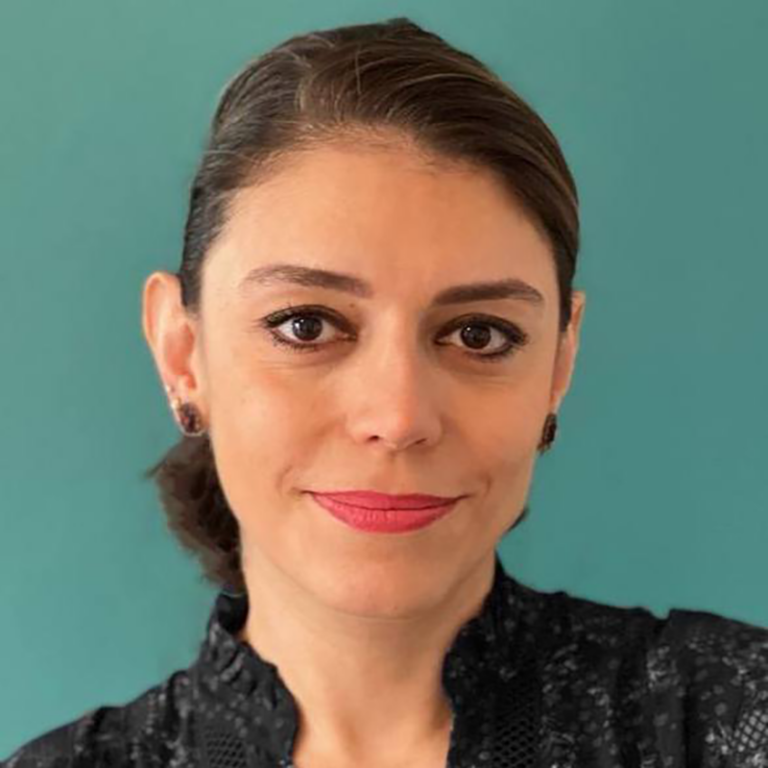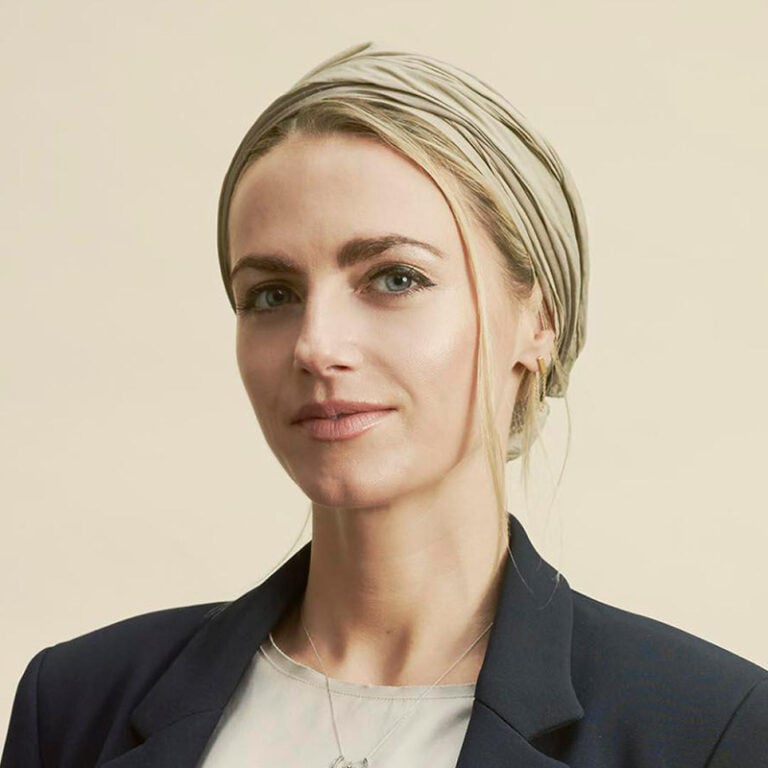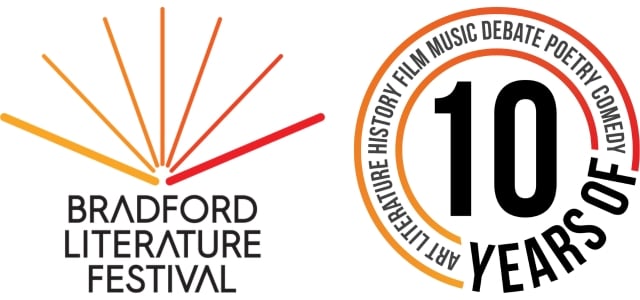Unveiling Perspectives: The Politics of the Hijab
Delve into the multifaceted history and significance of the hijab, a garment transcending time and religions, yet often associated with Islam and oppression.
Engage in thought-provoking discussions about the hijab as both a symbol of liberation and constraint, examining its political dimensions and diverse interpretations among Muslim women. Our panel of Muslim women all have different relationships with the hijab and have made different choices around wearing it. They will explore topics ranging from Iran’s right-to-choose movement and France’s hijab ban to the rise of Islamophobic attacks against hijab-wearing women in the UK.
This conversation seeks to understand the evolving personal and political perspectives on the hijab and envision their future implications.
About the Speakers

Orkideh Behrouzan
Orkideh Behrouzan is a physician and medical anthropologist based in London. A bilingual author and poet in Persian and English, she is the author of Prozak Diaries: Psychiatry and Generational Memory in Iran (2016, Stanford University Press). Her ethnographically informed creative writing has been published in journals including Consequence and Frontiers and adapted to the theatre stage in the UK. She teaches at SOAS University of London.

Dr Myriam François
Myriam François, is an English journalist, filmmaker and writer. Her work has appeared on the BBC, Channel 4 and Al Jazeera. She is the founder and CEO of production company MPWR productions, which specialises in documentary films which centre on minoritised voices.

Yousra Samir Imran
Yousra Samir Imran is the author of semi-autobiographical novel Hijab and Red Lipstick, which was longlisted for The Diverse Book Awards in 2021. She is also a freelance journalist. Her bylines include The New Arab, Al Jazeera, The New York Times Magazine, Elle, Harper’s Bazaar and Stylist. Yousra is a commentator on contemporary issues in Muslim societies, gender justice in the Middle East and women’s rights in Islam.
Join Our Mailing List
By submitting this form you agree to our Privacy Policy and to receive marketing emails, including e-newsletters and event updates from Bradford Literature Festival.
